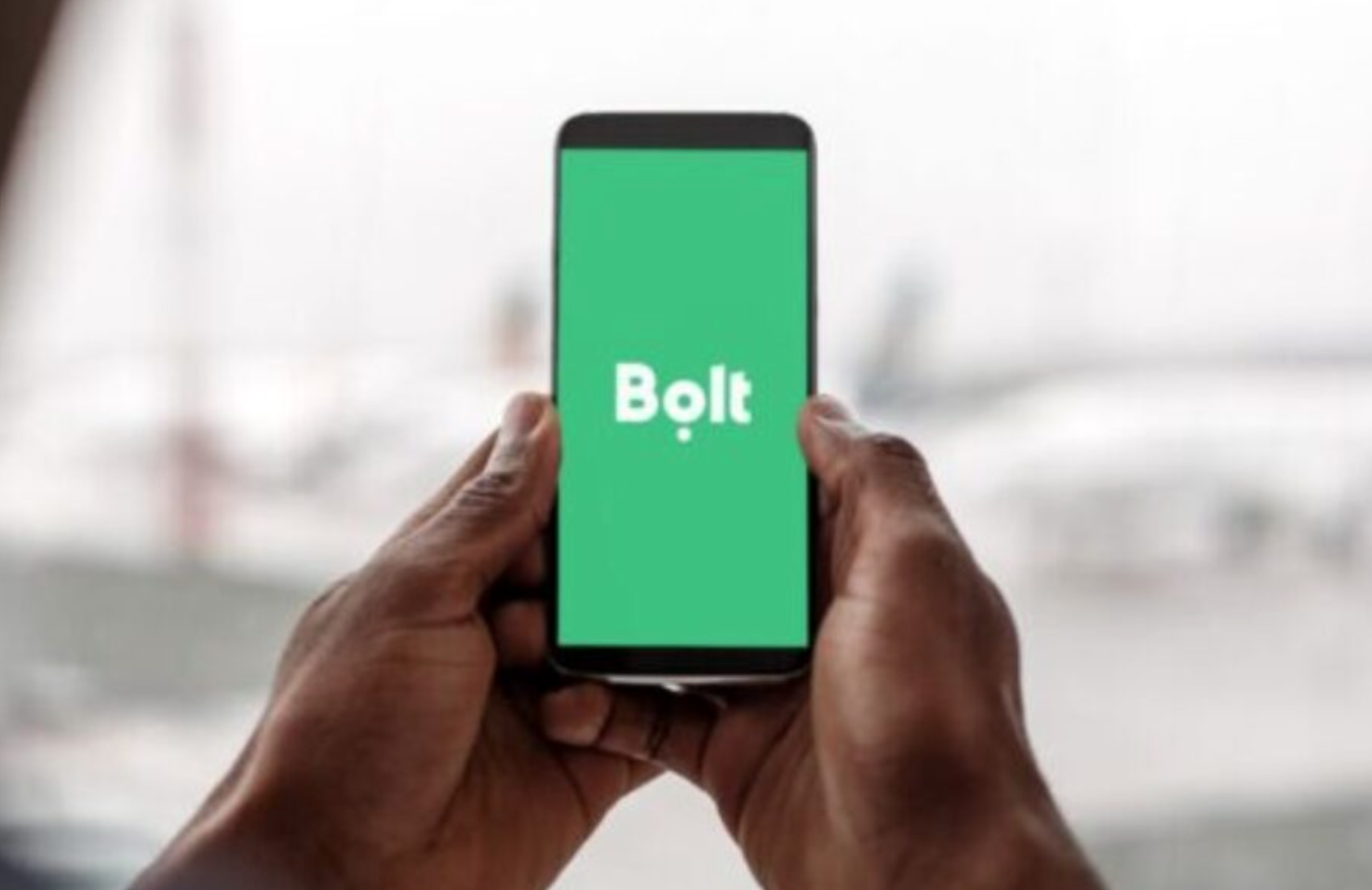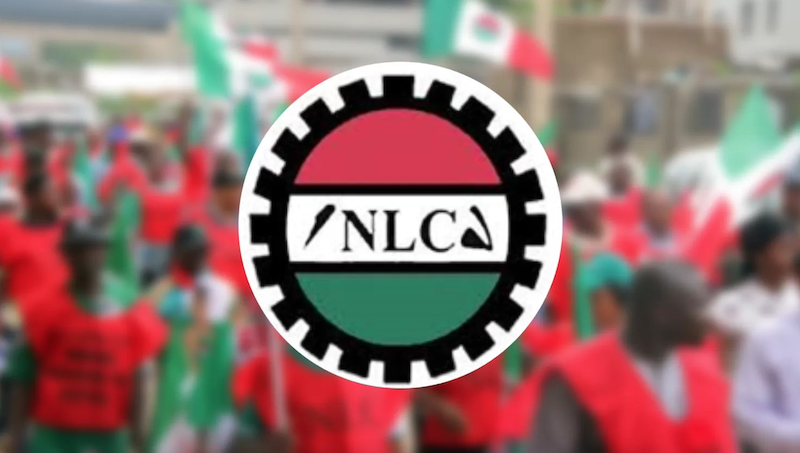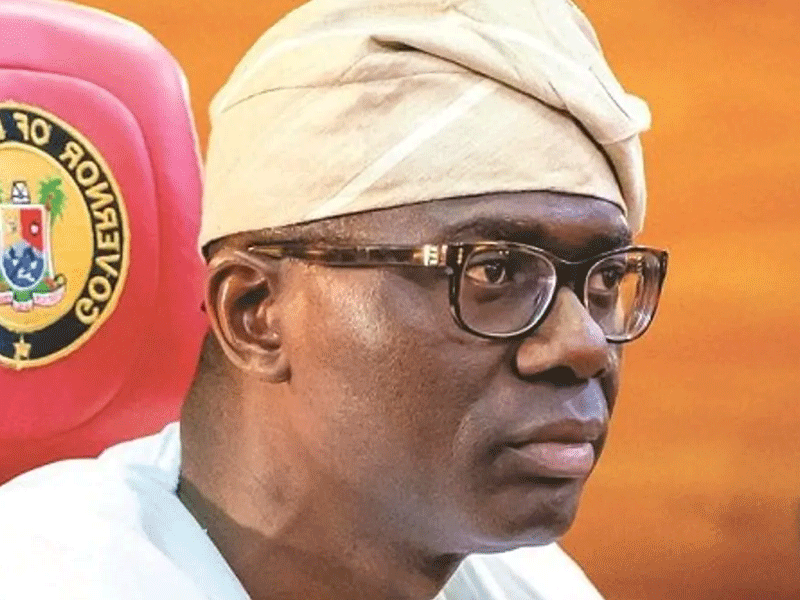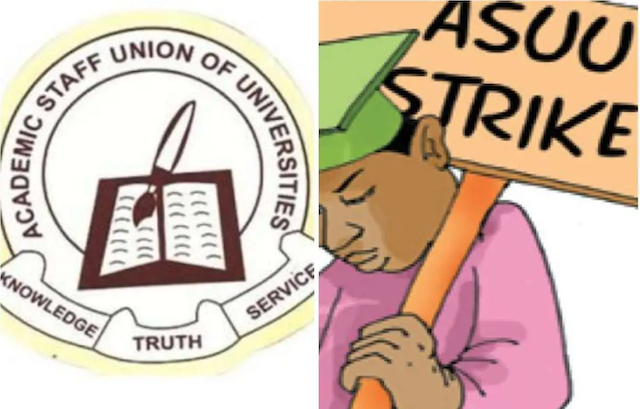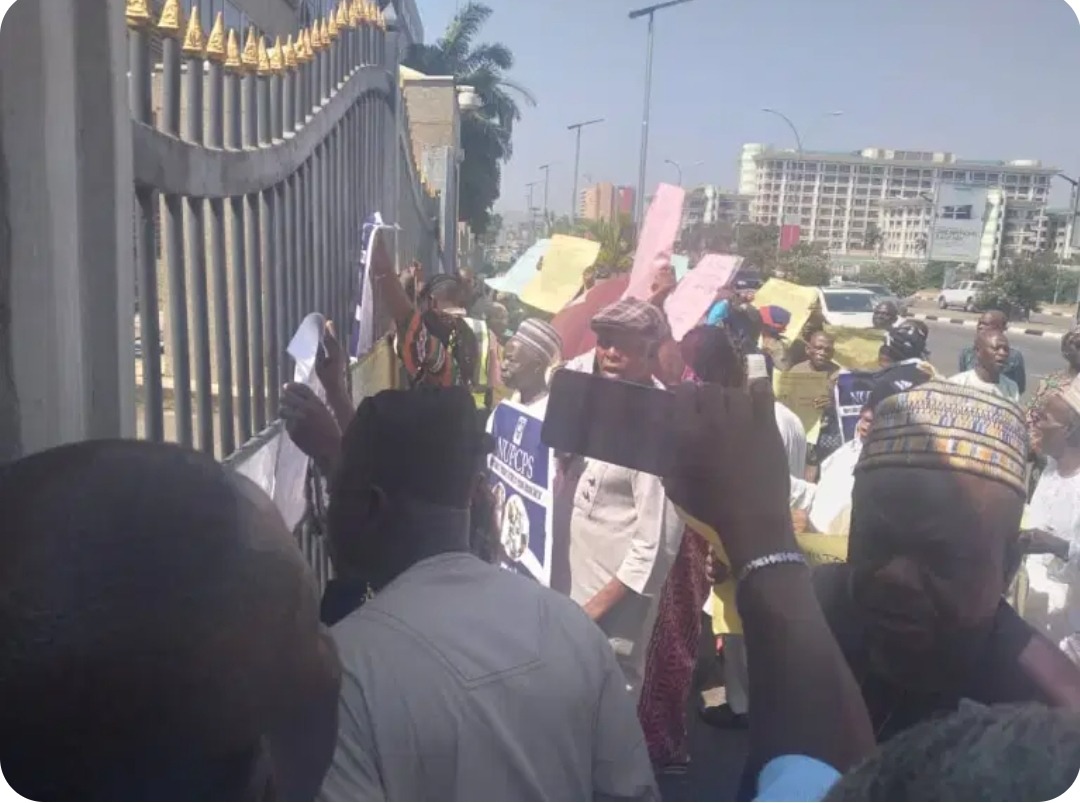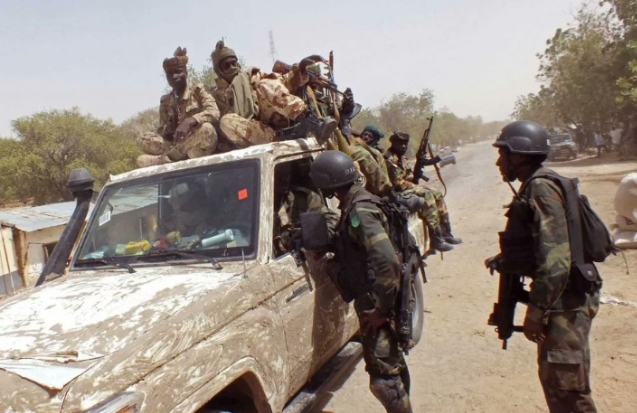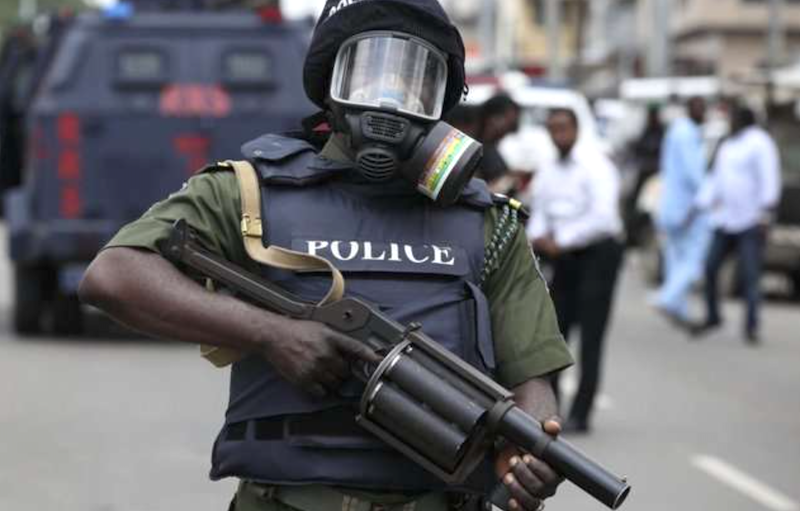By Steve Egbo
Last week, the Guardian newspaper published an editorial comment in which the paper marvelled at the situation that has brought Nigeria to the point where citizens openly beg the military to take over the reigns of power. Before this publication, the social media have been awash with such calls, even rallies in some cities nudging the military to act. During the #EndBadGovernance protest in August, people were seen marching in the streets, pleading with the military boys to please intervene in the political process.
In her book, *”Times to Remember,”* Rose Kennedy, mother of president JFK, stated that the most significant thing about living a long life, was that things you never expected to happen, begin to happen. (She wrote the book at the age of 83). For many Nigerians, especially those in their 40s and above, no one would have believed, even in their wildest dreams, that a day would come when citizens would openly and brazenly express their preference for military intervention in the political life of the Nigerian state. But we, all of us, have lived long enough to see this happen. And it is an incomprehensible situation, one that limits and conditions us. It brings us to an unbelievably dangerous crossroad.
It was Obafemi Awolowo, a man of great intellect and wisdom, who famously stated that the worst form of civil rule was better than the best form of military rule. A contest of two extremes. If Chief Awolowo were to stop by today, and see the mess civilian rulers have turned Nigeria into, his reaction can only be left to the imagination. So, how did we get here? After the blood and toil that Nigerians expended to rid this land of men like Sani Abacha, Ibrahim Babangida, and their conquistadors, it benumbs the mind to see Nigerians, especially the youths, campaigning for the military to come back.
Yes, the government spokesperson or persons have come out to condemn the calls with the usual grandiose rhetorics that characterise such situations. Also the military high command have equally condemned and rejected the invitations while assuring of its commitment and loyalty to the constitution and the government in place. The assurance here is comforting, but it fails to answer the big question. And that big question needs answering. Despite the human rights violations and high vaulting political instability and sundry atrocities associated with military rule, why would anyone want the military back in power? This is the huge question confronting us.
Those who were born in 1999, the year the military made its exit are now in their mid 20s. Those born under Abacha and Babangida would now be in their late 20s and early to mid 30s. They knew nothing about what military rule represented and certainly, they were too busy or too uninterested or simply too enamored to read up the numerous literature that chronicled the chaos and incandescence that years of military rule engendered. But, is it just about the ignorance of the youth population, or the undying hatred of those who are unable to come to terms with the outcome of the last election, or is there something more fundamental and more encompassing?
Nigeria’s first republic lasted merely five years, followed by thirteen years of military rule. The second republic lasted another four years and the military took the saddle and paddled the ship of state for another 16 years. With blood and tears, Nigerians fought relentlessly, clawing and biting, to get the military back to their barracks. Many citizens, big and small, lost their lives in the process. While many others were incarcerated and tortured in military dungeons, those who could find the means fled into exile. At long last, in 1999, the military made its final retreat and handed over the political machine to the civilian class – the politicians.
A new era had begun – the dawn of democracy. But from 1999 till date, Nigeria steadily declined, despite the huge promises and expectations that heralded the dawn of this democratic dispensation. Winston Churchill once remarked that “democracy may not be the best form of government,” but insisted that “none is better”. There are reasons why many believe him. Democracy as a system of government, has certain characteristics and self sustaining mechanisms that confer it greater appeal than others. These special qualities include general participation of the people through the representative process; periodic elections; constitutional regulations; rule of law and adherence to due process. For those countries and people that respect these principles, democracy has worked, and they have reaped the dividends. But in Nigeria, we moved in the opposite direction.
So, for Nigeria, the reverse has been the case. Our representatives represent only themselves; we engage in periodic selections; the constitution regulates nothing and nobody; and instead of the rule of law, the law of the rulers triumphs. In the ministries, agencies and parastatals, due process is exactly what the man on top interpretes it to be – service rules be damned. This is why nothing is working and nothing has worked, whatever the system. The first republic was fashioned after the British-type parliamentary system, but it failed. Afterwards, we opted for the American-oriented presidential system and yet nothing changed. The failure was and has been even more catastrophic. We merely changed the car, but we did not change the drivers.
As Williams Shakespeare lamented, “the fault lies, not in our stars, but in ourselves…”. So, the fault does not lie in the system, but in the managers of the system – the political class. They have consistently, deliberately, blatantly refused to adhere to the rules of the game. Yes. Every game has its rules and without adherence to those rules, there will be no positive outcome. The managers of Nigerian democracy have heaped so much abuse on the process that Nigeria has simply grounded to a halt. Impunity, recklessness, lawlessness, insensitivity, systemic abuse, manipulations, deliberate sabotage and many other forms of degradation have been brought to play. The aim of these pollutants is to satisfy personal whims and, as much as possible, outwit and outmaneuvre political opponents and enemies.
Every socio-political system has a responsibility to the citizens. Nigeria’s political leaders and office holders have denied this responsibility to the Nigerian people. Public office has become personalized and commercialized. They are bought and sold. And only those who can afford it can attain it. And in this commercial spirit, no organ of government is spared the rot, not even the most sacred of our institutions. People no longer aspire to an office in order to serve public good. They buy office in order to serve personal interests and the interests of their families, friends, groups, cronies, ethnic drivels, religious affiliations or other subliminal objectives.
And while the buying and selling goes on, Nigeria and Nigerians were totally and completely forgotten. The citizens have been left with the short end of the stick, and the youths are probably the worst hit. With poor education, lack of employment opportunities and the absence of avenues to express their youthful energies, they were left to find outlets in negative pastimes – drugs, alcohol, prostitution, yahoo and different forms of experimentation. Wherever they turned, there was no reprieve. The atmosphere was toxic, frustrating, suffocating and enveloped in a climate of total asphyxiation.
The rest of the society did not fare better. Poverty has become so rife that the statistics can no longer accurately determine who to exempt apart from those right in the corridors of power. And this minority, this less than 1% of the population, remain aloof from the deplorable existence of the hoi polloi. Their policies, programs, preferences, values and priorities, even the words of their mouths show serious disconnect from realities on ground. They failed to take into account the plights of millions who go to bed hungry every night. They were not bothered about those whose humanity have been stripped, or those clothed in hopelessness by their greed and callousness. Nigerian leaders wounded democracy, so much so that citizens, neglected, frustrated, destituted, angry and hungry, now look up to military tyranny as a refuge from democracy.
Nigerians have been abandoned as refugees in their own country. Left at the mercy of bandits, kidnappers, murderers, extortionists, ransom seekers, ritualists, blood-sucking politicians and sundry criminals, life in Nigeria became a relapse to the dreadful state of nature which Thomas Hobbes denounced as “solitary, poor, nasty, brutal and short”. The result was a scramble to escape the inferno. Some people sell their homes and belongings to buy a passage to foreign lands. Those who have nothing to sell take the grave risk of crossing the desert on foot, while others risk their lives on rickety boats across the high seas. Some willingly submit themselves to be trafficked. Many Nigerians chose to migrate to menial jobs overseas, and endure the humiliation which the host countries often subject them to, rather than stay in a country that offers them nothing but squalor, pains, sickness, starvation and death.
1999 was Nigeria’s second independence. It was a glorious dawn – a new beginning. Having fought the military to a standstill, in much the same way the nationalists fought the colonizers, Nigerians welcomed democracy with high hopes and great expectations. Hope that democracy will provide an atmosphere that would allow the people to thrive and begin to exist in decent human forms. Expectations that Nigeria can now join the array of nations that have found their epiphany. But these hopes were destroyed and the expectations aborted. And these unexpected morbidities and the destruction of hope by the politicians and their cronies, became a national catastrophe.
This is why today Nigerians, young and old, are nostalgic for a return to a past they left long ago. Put in plain language, Nigerians are willing to return to their vomit. Returning to one’s vomit is not an act of courage. Neither is it a prospect anyone contemplates with pride. It is an act of surrender to a condition that burdens the soul and breaks the human spirit. Nigerians are broken. Nigerians asking for the return of the military is the greatest atrocity Nigerian leaders have perpetrated against this land and they must be held supremely responsible. So, who will blame the poor, the sick, the infirm, the dying and the deprived if they feel that living under obnoxious military dictatorship would give them a better deal than languishing under the dungeons erected by insensitive civilian rulers.
Will the military heed this call? Absolutely not. But I have no doubt that when the story of this era is told, historians will record that –
*”In the hands of predatory Nigerian rulers, democracy died.”*
Professor Steve Egbo
(Resource Person @ NILDS Abuja)
08037910012 (WhatsApp only)
